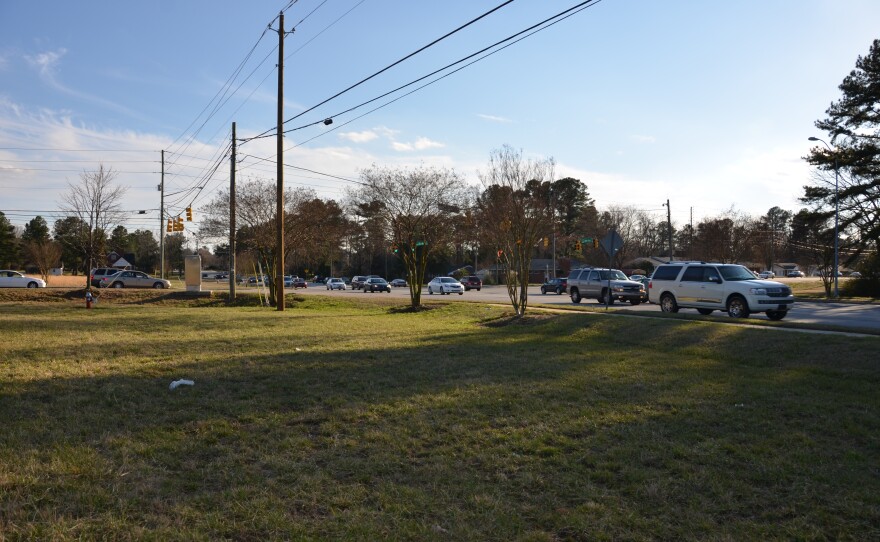Members of the North Carolina House of Representatives are scheduled to vote Monday night on a contentious bill that would curtail home ownersŌĆÖ ability to block certain type of construction in their neighborhood.
Under the proposal, lawmakers would eliminate from state law ŌĆ£protest petitions,ŌĆØ a nearly century-old procedure that property owners can use to force a three-fourths vote from their city council to change the zoning classification of an adjoining property.
The measure pits the interests of real estate and land-development groupsŌĆöwho want to make it easier to change the designated use of certain types of landŌĆöagainst many city and town government leadersŌĆöwho want to keep some form of protest petitions. Similar efforts failed in the General Assembly in 2014 and 2013.
ŌĆ£Thomas Jefferson defined democracy as majority vote,ŌĆØ said Rep. Skip Stam (R-Wake), lead sponsor of the bill. ŌĆ£You have to have a really, really good reason to require something other than a majority vote, like changing the constitution because that affects peopleŌĆÖs fundamental rights.ŌĆØ
Home owners such as Michi Vojta have used protest petitions to block certain types of developments on property adjacent to theirs. In 2013, Vojta and a group of her neighbors in Northeast Raleigh filed a protest petition against a 24-hour Sheetz at the intersection of New Hope and Buffaloe roads. They were worried the gas station would worsen traffic, erode the character of their neighborhood and depreciate their property value, Vojta said.
ŌĆ£The protest petition helped us not only come together a bit more,ŌĆØ Vojta said, ŌĆ£but it also helped people believe in the process a bit more, the governmental process.ŌĆØ
The measureŌĆöHouse Bill 201ŌĆögot its first approval on Thursday in the House Local Government Committee, after committee chair Rep. Carl Ford (R-Rowan) ignored an apparently favorable committee vote for an amendment. When Ford called for a ŌĆ£voice voteŌĆØ for the amendment, those in favor appeared louder than those against, but Ford ruled that the amendment failed.
Rep. Charles Jeter, R-Mecklenburg, turned to reporters after the meeting and joked that he was going to get his hearing checked.
The failed amendment, brought by Rep. Paul Luebke (D-Durham) and supported by the North Carolina League of Municipalities, would have kept protest petitions but increased the percentage of adjoining property owners that would have to object to a rezoning. It also would have decreased the required city council vote when protests are filed to two-thirds from three-quarters.
Correction 2:05 p.m. March 3, 2015: An earlier version of this article incorrectly identified Raleigh resident Michi Vojta as Michi Njeri.








